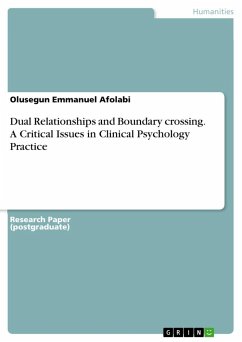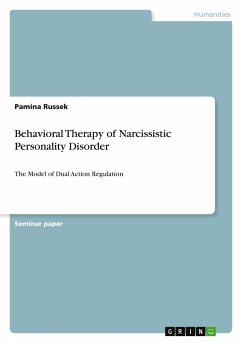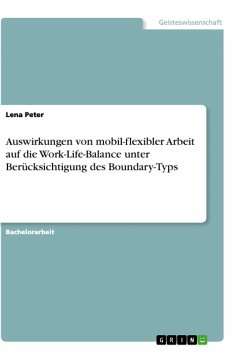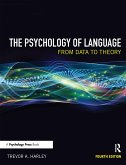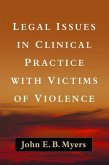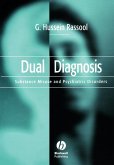Research Paper (postgraduate) from the year 2014 in the subject Psychology - Clinical Psychology, Psychopathology, Prevention, grade: A, ( Atlantic International University ) (School of Behavioural and Social Sciences), course: Clinical Psychology, language: English, abstract: The issue of boundary and dual relationship has been a major subject of concern in psychological practice. Ethics complaints on dual relationship and boundary crossing continue to rise both in nature and variety. This paper examined and shed light on the complexities of dual relationship and boundary crossing in clinical psychology and explain the pertinent moral and clinical worries that clinical psychologist's face daily in their practice. The paper analysed three underlying themes: 1) using an empirical review of relevant literature to identify clinician's attitudes toward risky and useful dual relationship and boundary crossing, 2) learn whether involving in dual relationships, negatively or positively influences therapeutic outcome, 3) using the decision making model to address the concept, challenges and variances associated with dual relationship in clinical psychology. Lastly, the paper comes up with strategies that help psychologists to make flawless ethical standards and offer moral guidance. Finally, study shows that, though, dual relationships sometimes enhanced therapy, aids the treatment strategy, and promotes the clinician-client working relationship; it also weakens the treatment process, hampers the clinician-client cooperation, and brings instant or lasting damage to the service user. Key Words: Boundary crossing, dual relationship, ethical decision making,
Hinweis: Dieser Artikel kann nur an eine deutsche Lieferadresse ausgeliefert werden.
Hinweis: Dieser Artikel kann nur an eine deutsche Lieferadresse ausgeliefert werden.

